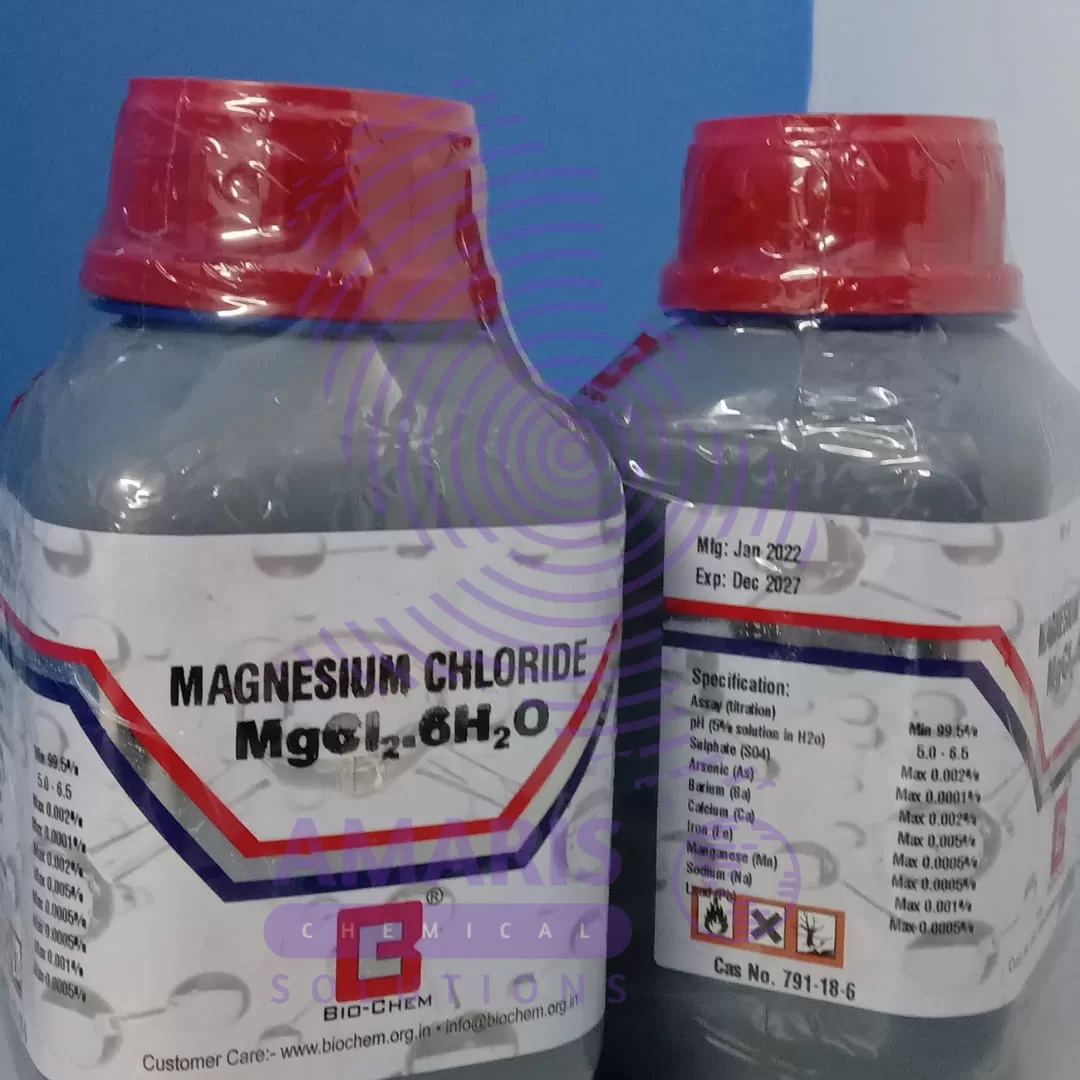
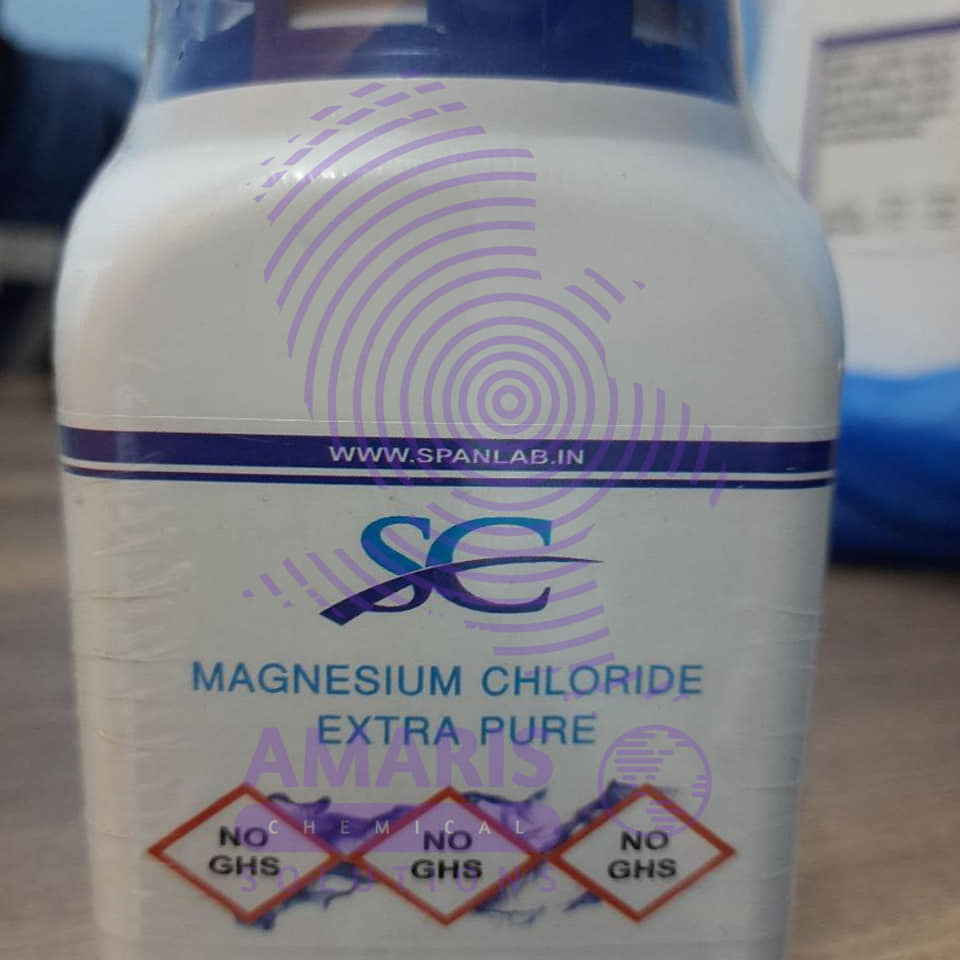

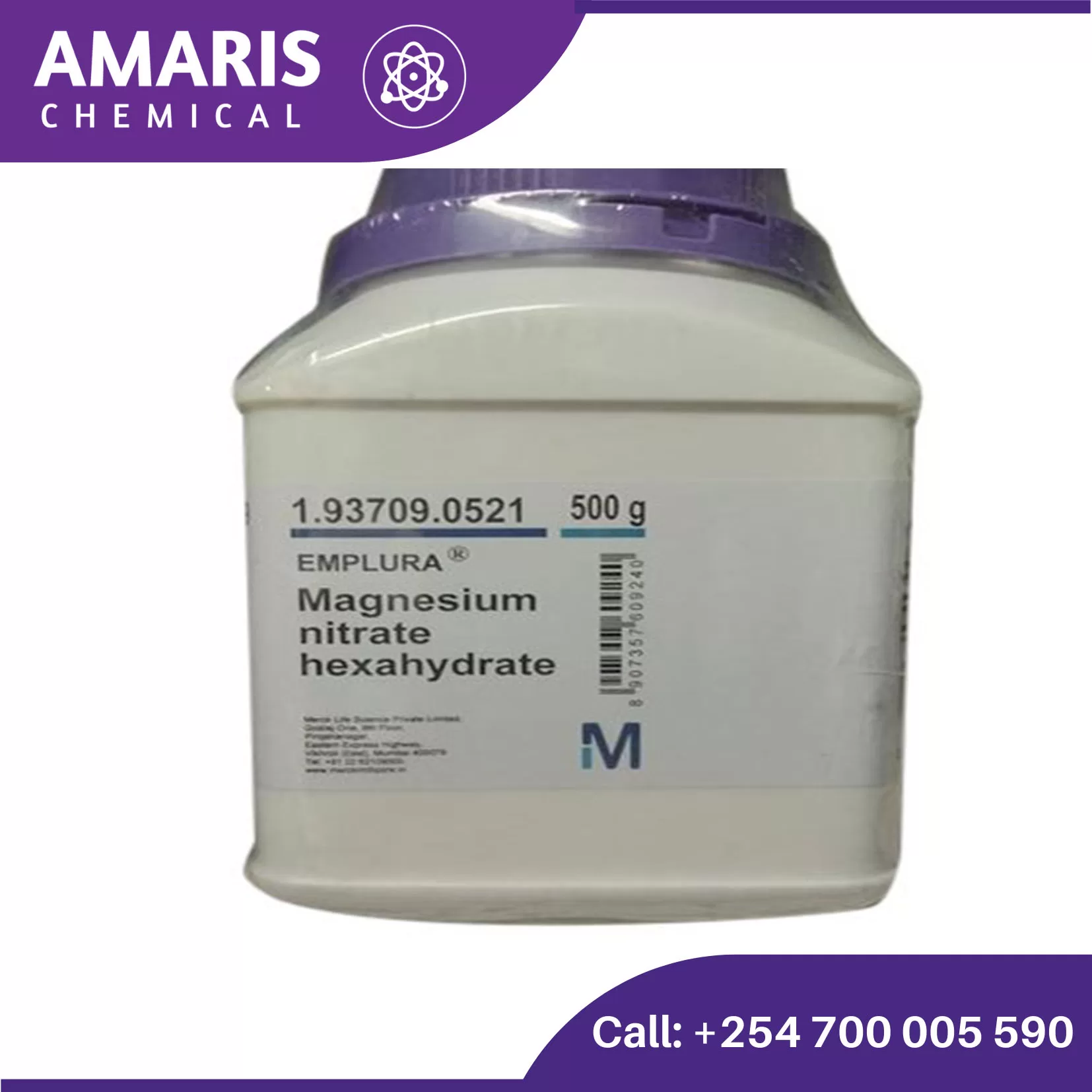
Magnesium Chloride 500gm
$2,500.00 Original price was: $2,500.00.$2,300.00Current price is: $2,300.00.
Magnesium chloride is an inorganic compound with the chemical formula MgCl2. It is a crystalline salt that is composed of magnesium and chloride ions. In its solid form, it appears as a white or colorless crystalline powder. Magnesium chloride is highly soluble in water and forms hydrated forms, such as magnesium chloride hexahydrate (MgCl2·6H2O), which is commonly used in various applications.
Magnesium chloride is primarily obtained from natural sources, such as brine deposits or seawater, and it can also be produced by chemical processes. It has a wide range of uses in various industries and applications. It is commonly employed as a deicing agent for roads and highways during winter, as it effectively lowers the freezing point of water. In addition, it is used in the production of magnesium metal, as a component in the preparation of tofu, as a dust suppressant, and as a nutrient supplement in agriculture and animal feed.
Medically, magnesium chloride can be utilized as a mineral supplement for individuals with magnesium deficiencies. It may also be administered intravenously in certain medical treatments. Furthermore, magnesium chloride has been explored for its potential therapeutic benefits, such as in the management of asthma, constipation, and magnesium deficiency-related conditions.
Uses of Magnesium Chloride
DNA Extraction:
Magnesium chloride can be used as a co-factor in DNA extraction protocols. It helps to stabilize DNA and facilitates its precipitation, aiding in the purification process.
Buffer Solutions:
Magnesium chloride is often used in the preparation of buffer solutions for biochemical and molecular biology experiments. It helps maintain a stable pH environment, crucial for many enzymatic reactions.
Polymerase Chain Reaction (PCR):
Magnesium chloride is a common component of PCR reaction mixtures. It serves as a cofactor for the DNA polymerase enzyme, facilitating DNA amplification.
Protein Crystallization:
In protein crystallization experiments, magnesium chloride is sometimes included in the crystallization buffer to promote protein stability and aid in crystal formation.
Cell Culture:
Magnesium chloride may be added to cell culture media to provide essential ions for cell growth and viability. It helps maintain osmotic balance and supports various cellular functions.
Electrophoresis:
Magnesium chloride can be added to electrophoresis buffers used in techniques like gel electrophoresis. It helps to conduct electric current through the gel and facilitates DNA or protein migration.
Enzyme Assays:
Magnesium chloride is often used in enzyme assays to optimize enzymatic activity. Many enzymes require magnesium ions as cofactors for their catalytic function.


MAECENAS IACULIS
Vestibulum curae torquent diam diam commodo parturient penatibus nunc dui adipiscing convallis bulum parturient suspendisse parturient a.Parturient in parturient scelerisque nibh lectus quam a natoque adipiscing a vestibulum hendrerit et pharetra fames nunc natoque dui.
ADIPISCING CONVALLIS BULUM
- Vestibulum penatibus nunc dui adipiscing convallis bulum parturient suspendisse.
- Abitur parturient praesent lectus quam a natoque adipiscing a vestibulum hendre.
- Diam parturient dictumst parturient scelerisque nibh lectus.
Scelerisque adipiscing bibendum sem vestibulum et in a a a purus lectus faucibus lobortis tincidunt purus lectus nisl class eros.Condimentum a et ullamcorper dictumst mus et tristique elementum nam inceptos hac parturient scelerisque vestibulum amet elit ut volutpat.
Related products
Acetic Acid 2.5litre
Aceto Carmine 100 ml
Properties
- Color: Red to purplish-red.
- Solubility: Soluble in water and ethanol.
- Staining Characteristics: Stains chromatin and cytoplasmic components, providing contrast for better visualization under a microscope.
Preparation
- Ingredients:
- Carmine dye: A natural red dye extracted from the cochineal insect.
- Acetic acid: A colorless liquid organic compound with a pungent smell.
- Procedure:
- Dissolve a specific amount of carmine powder in hot distilled water.
- Add glacial acetic acid to the solution.
- Filter the mixture to remove any undissolved particles.
Aluminum Oxide 500 grams
Aluminum Potassium Sulphate 500gm
Physical Properties:
- Appearance: Colorless, transparent crystals or white powder.
- Solubility: Soluble in water but insoluble in alcohol.
- Melting Point: Decomposes at high temperatures before melting.
Chemical Properties:
- Molecular Formula: KAl(SO₄)₂·12H₂O
- Molecular Weight: 474.39 g/mol (for the dodecahydrate form)
- Acidity: It is slightly acidic in aqueous solution.
Ammonia Acetate
Properties
- Chemical Formula: NH4C2H3O2
- Molecular Weight: 77.08 g/mol
- Appearance: White, crystalline solid
- Solubility: Highly soluble in water
- Melting Point: Decomposes upon heating


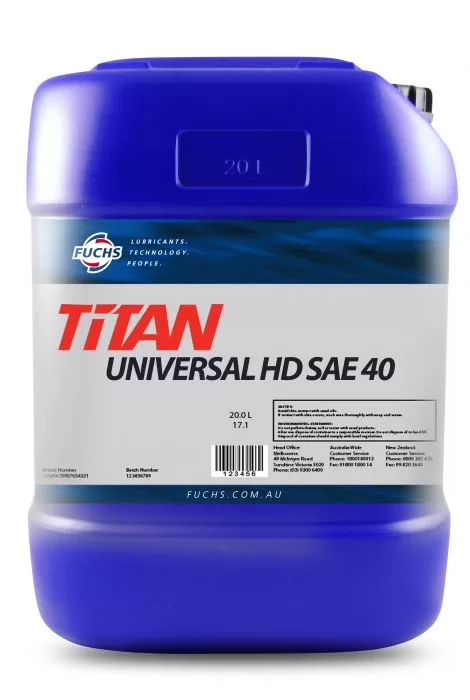
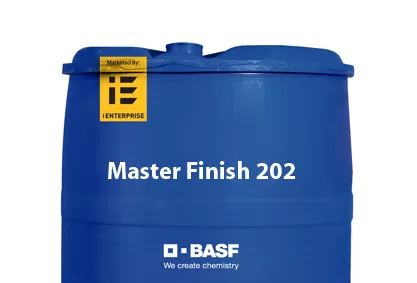
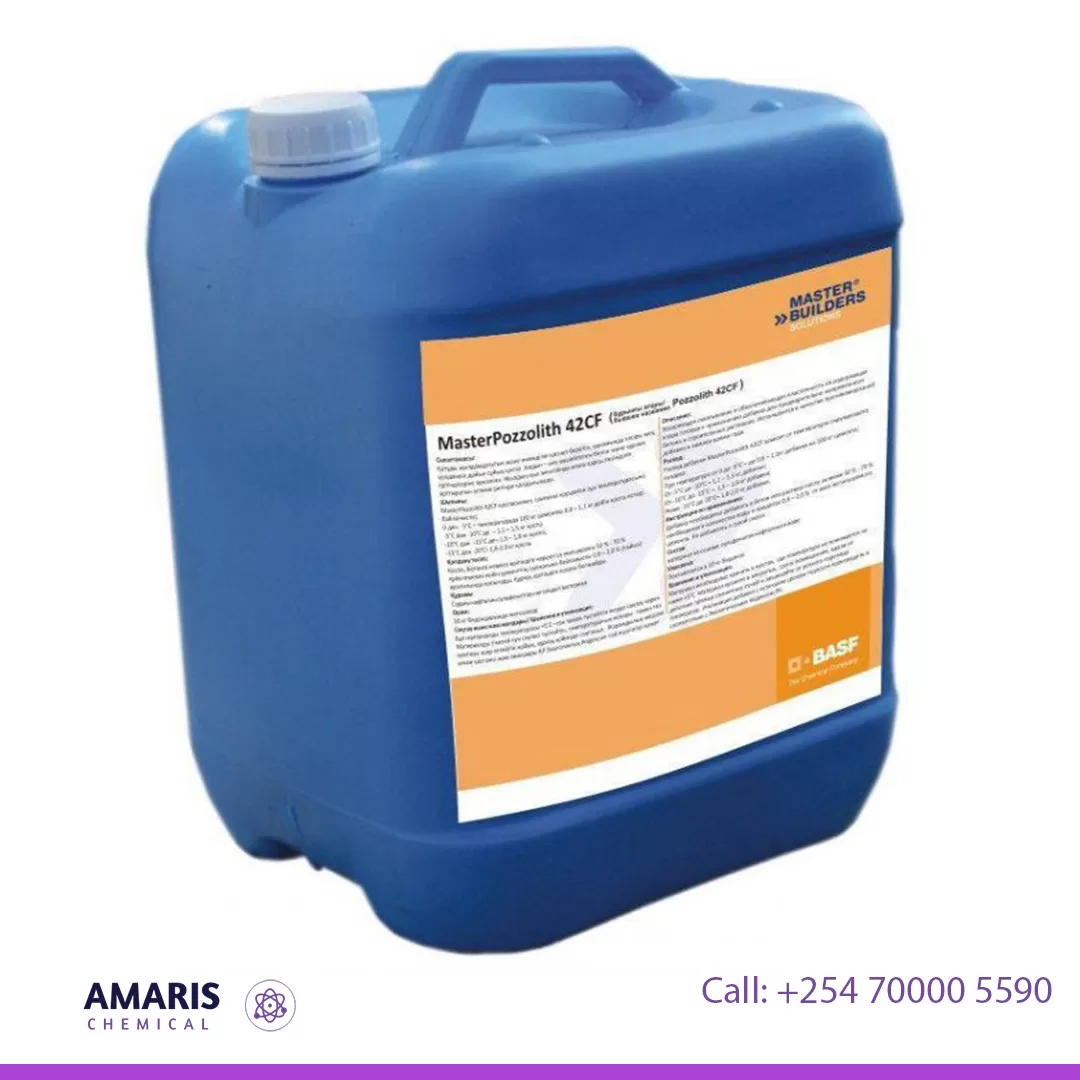





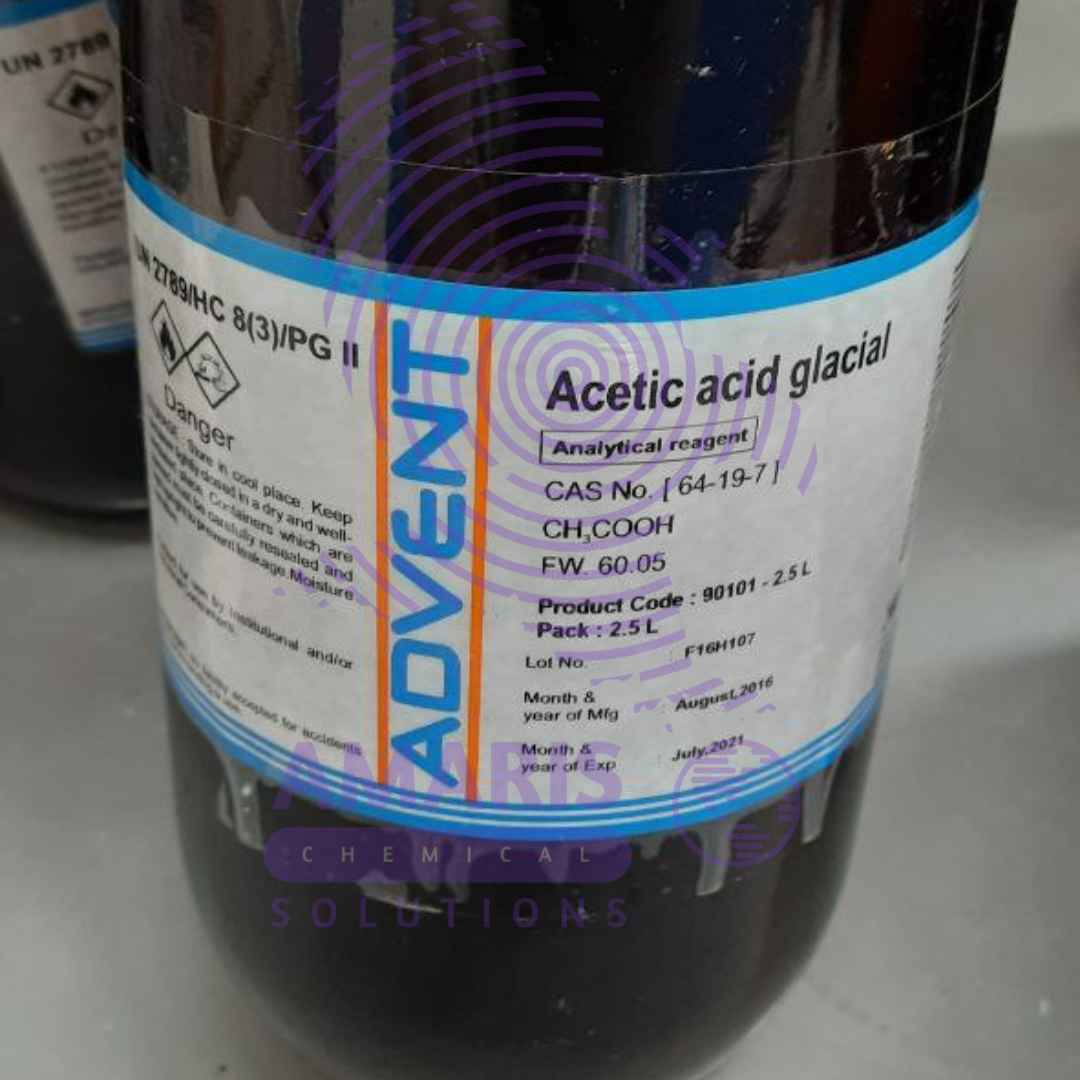
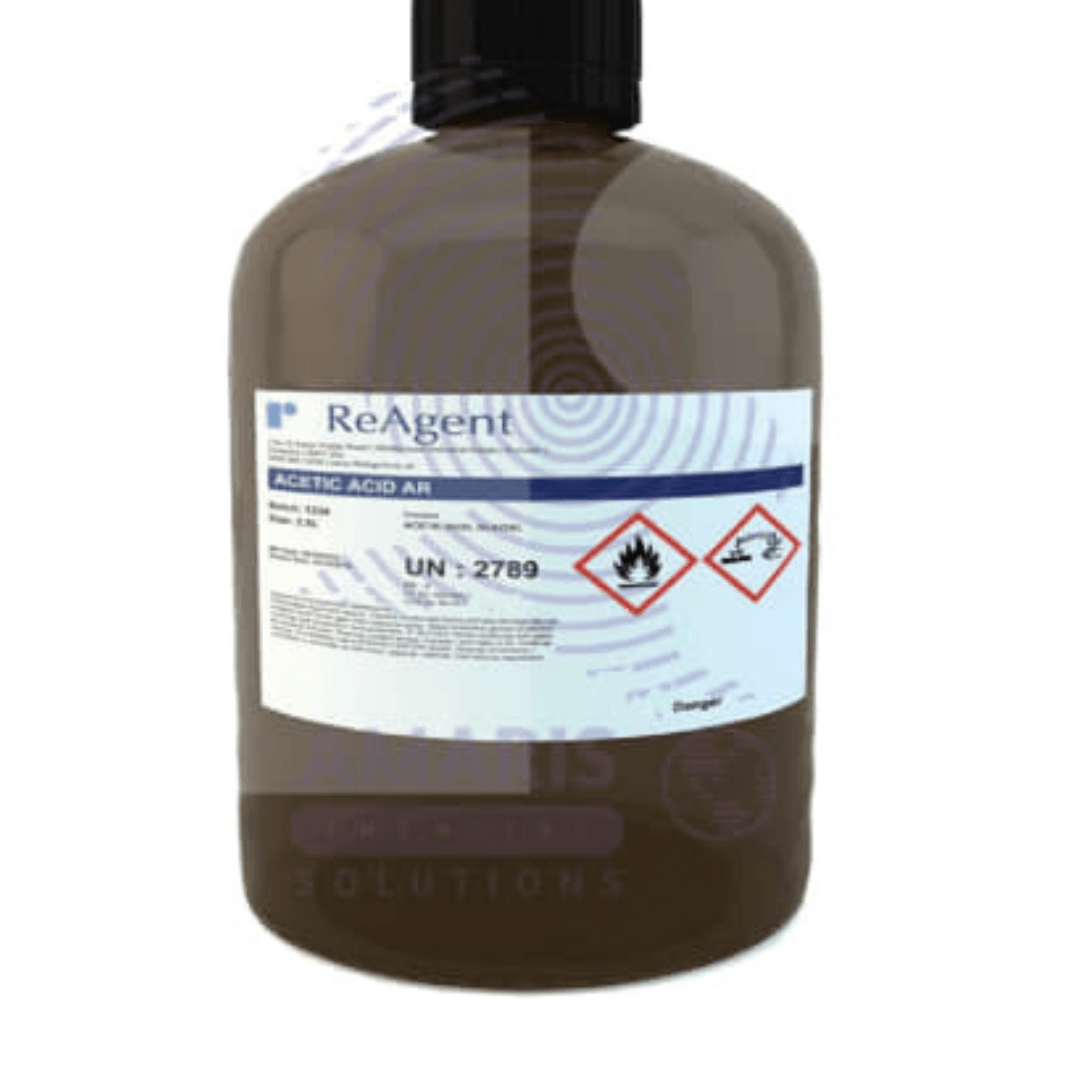
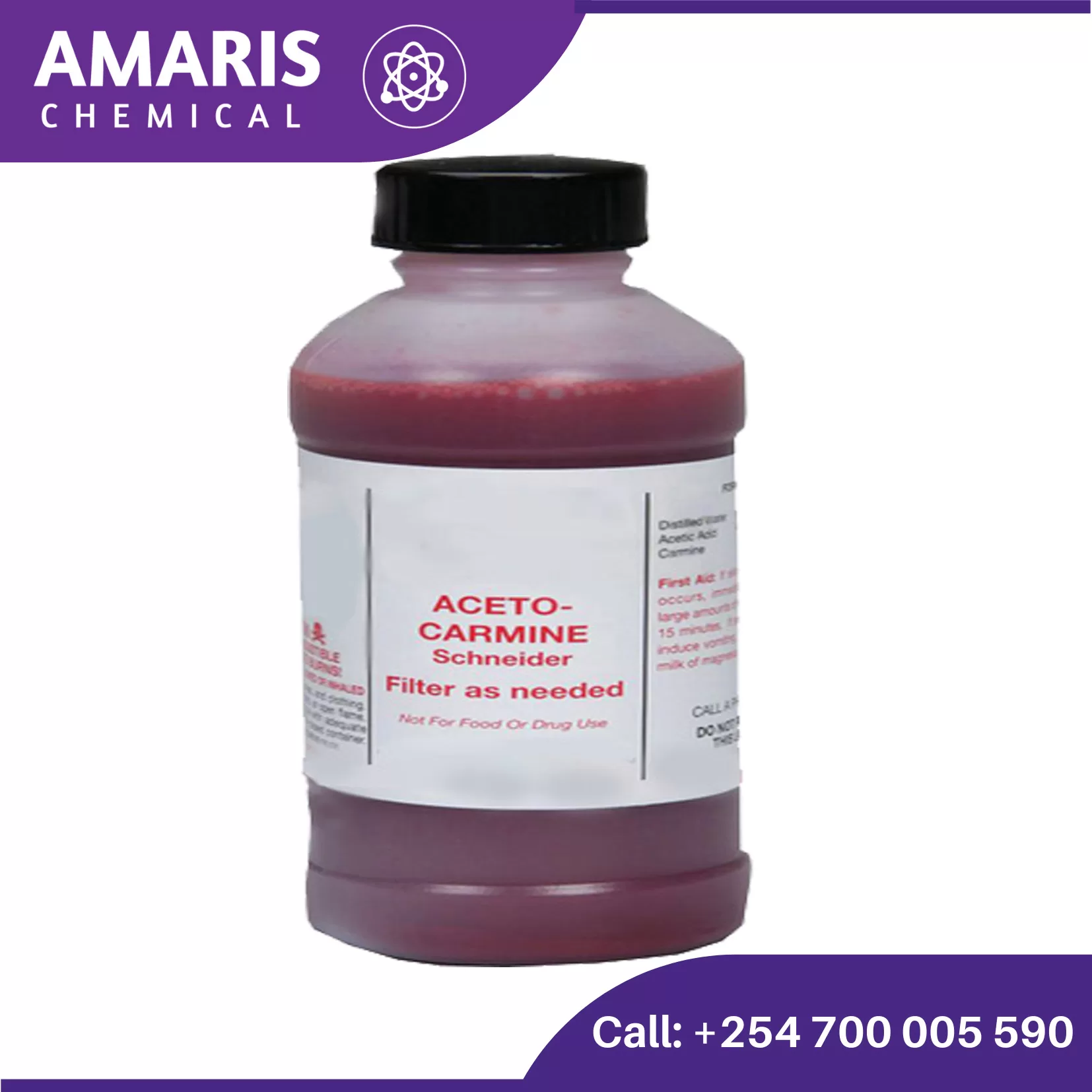
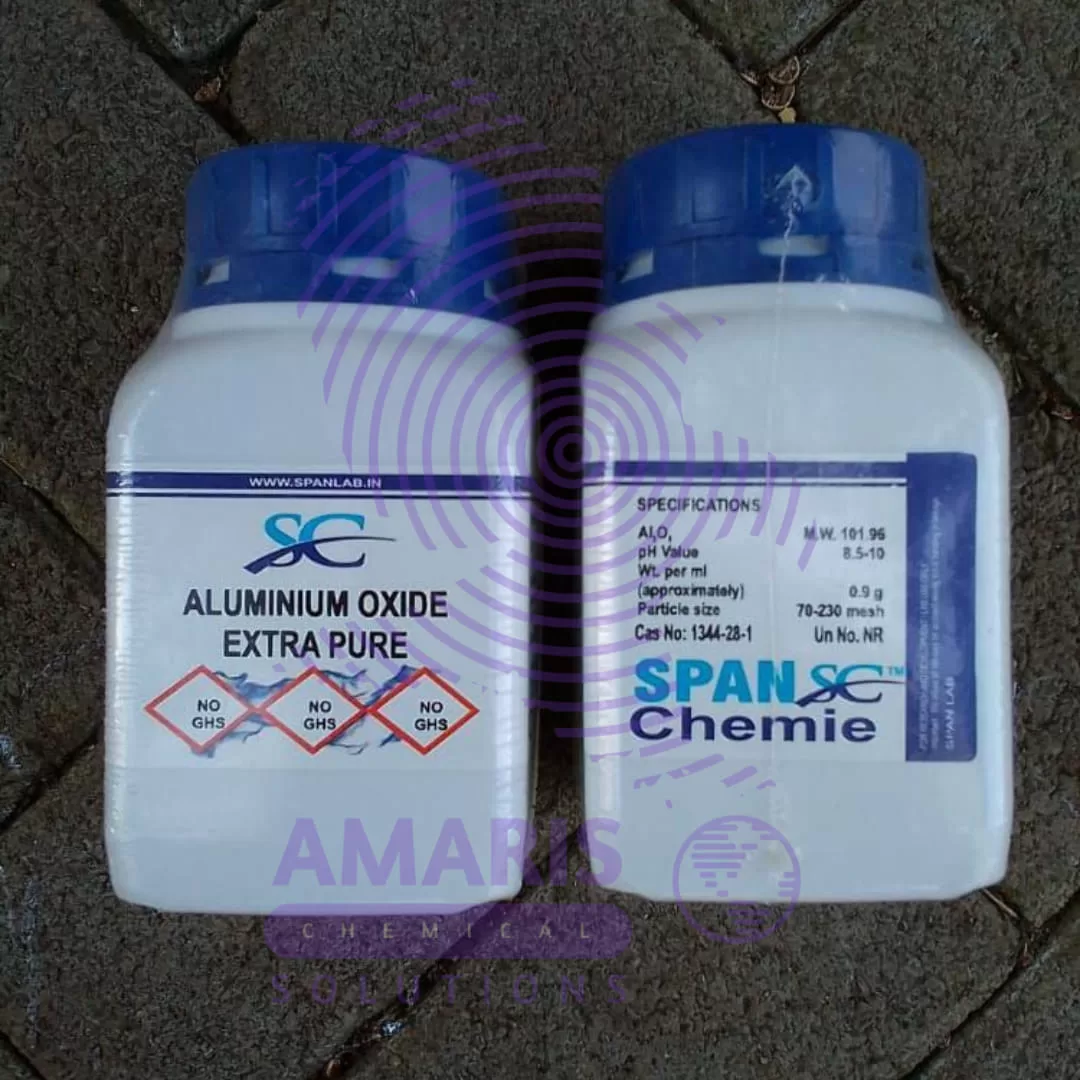
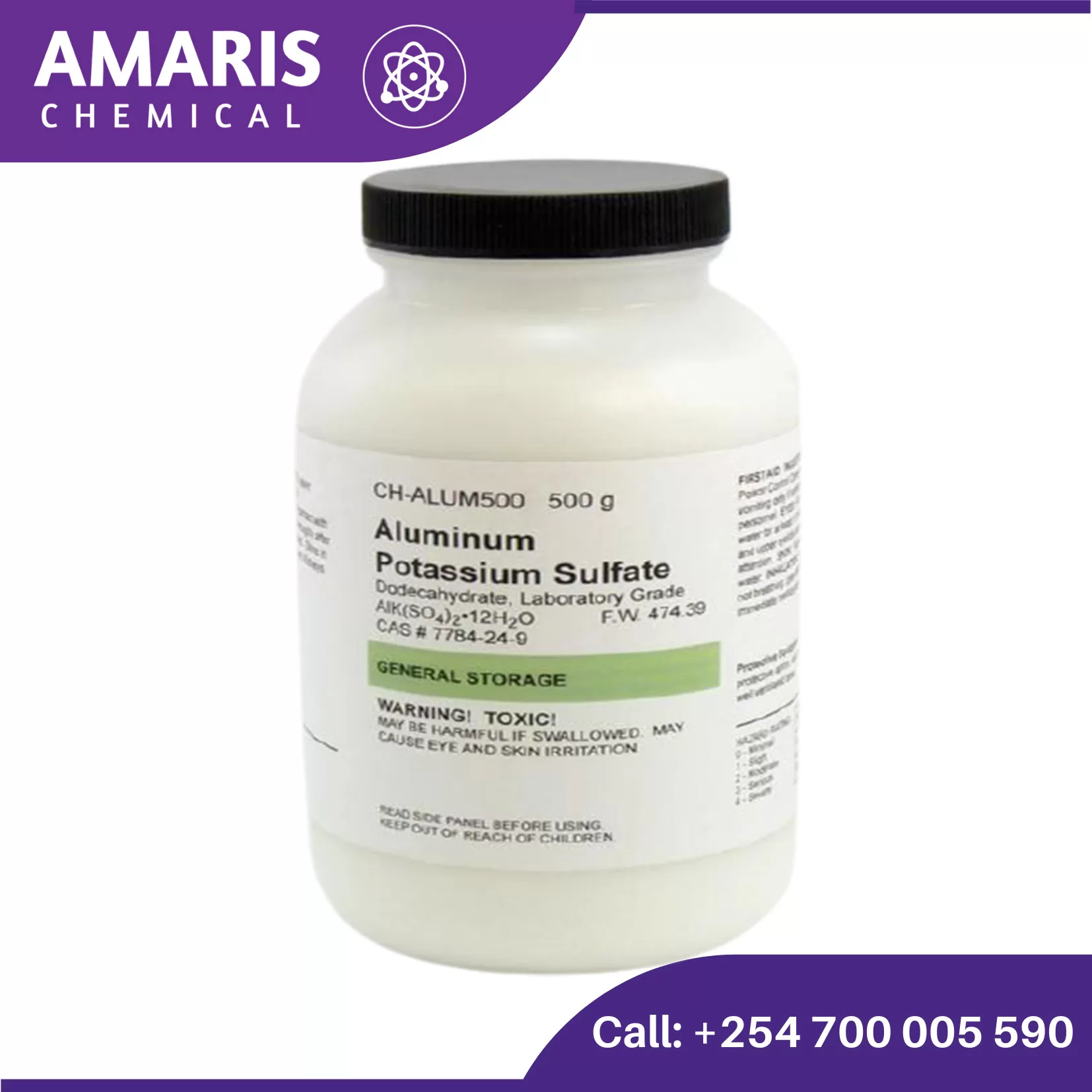
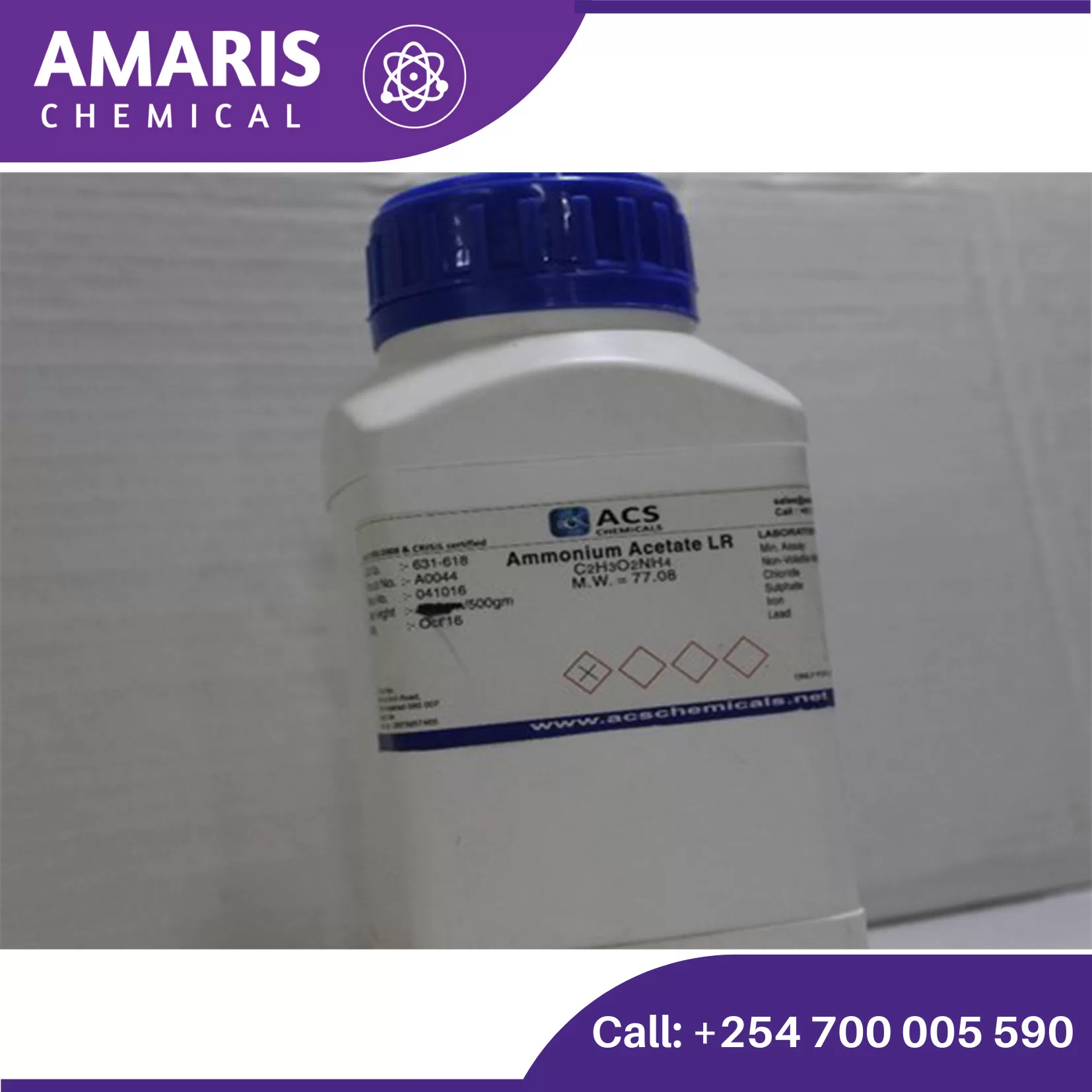
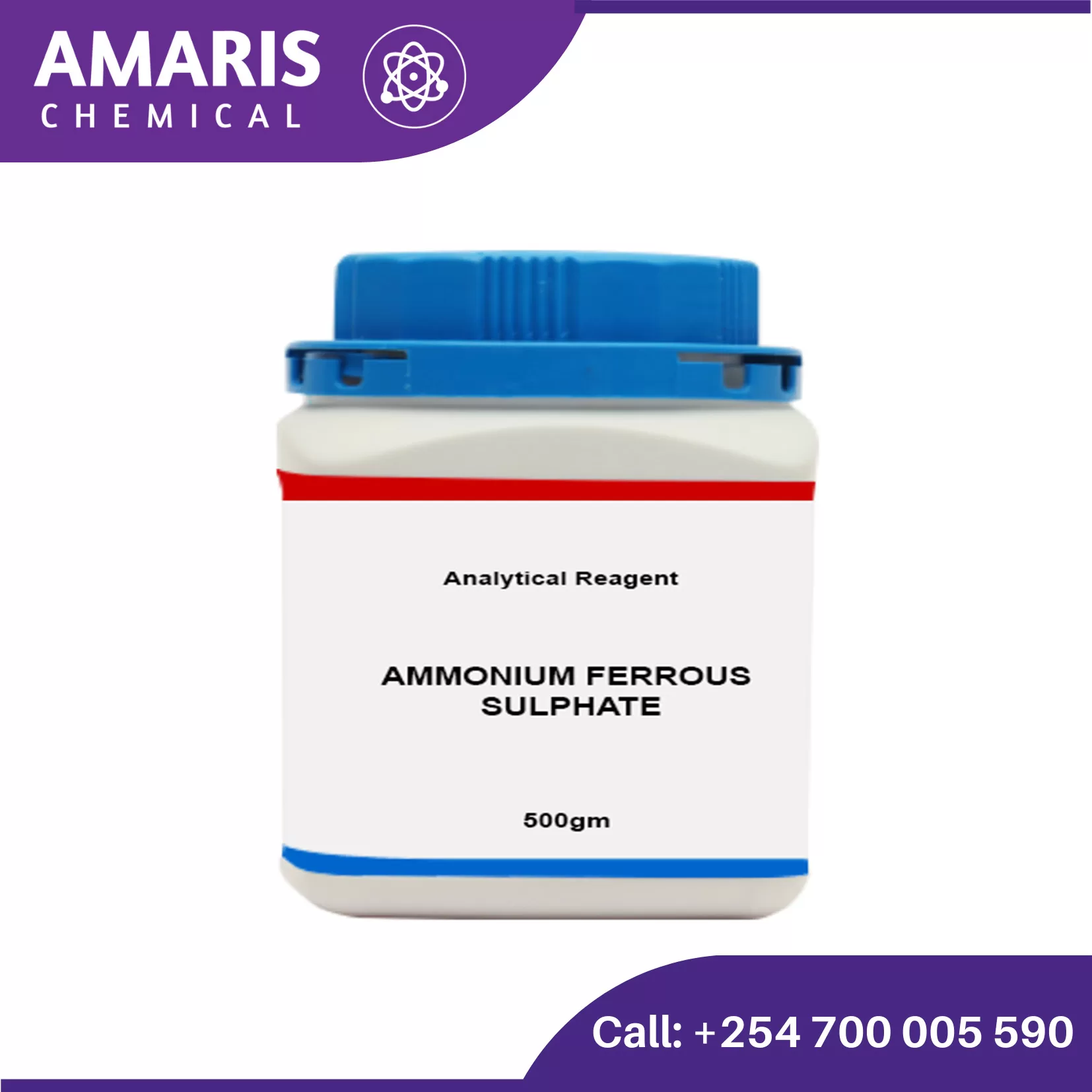
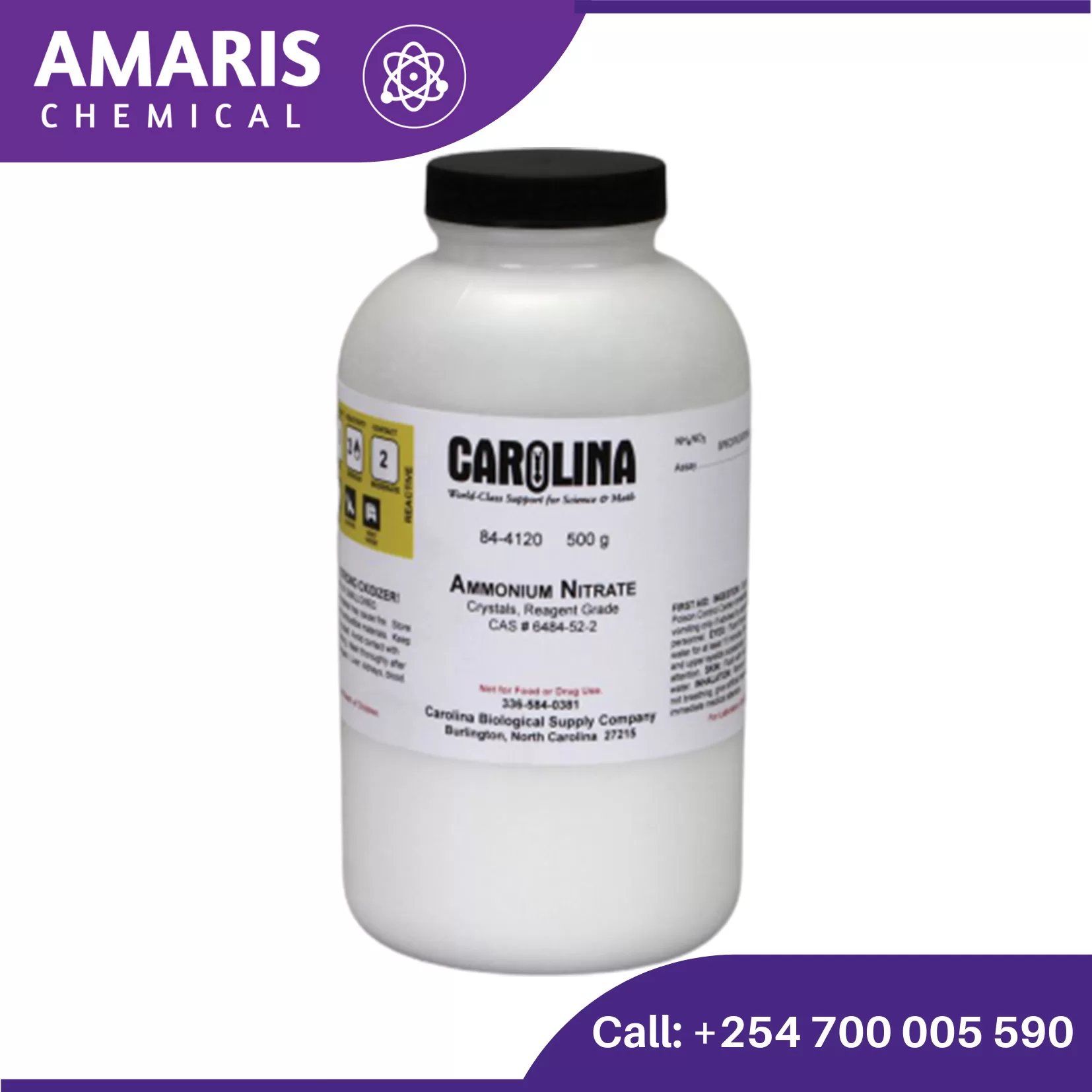
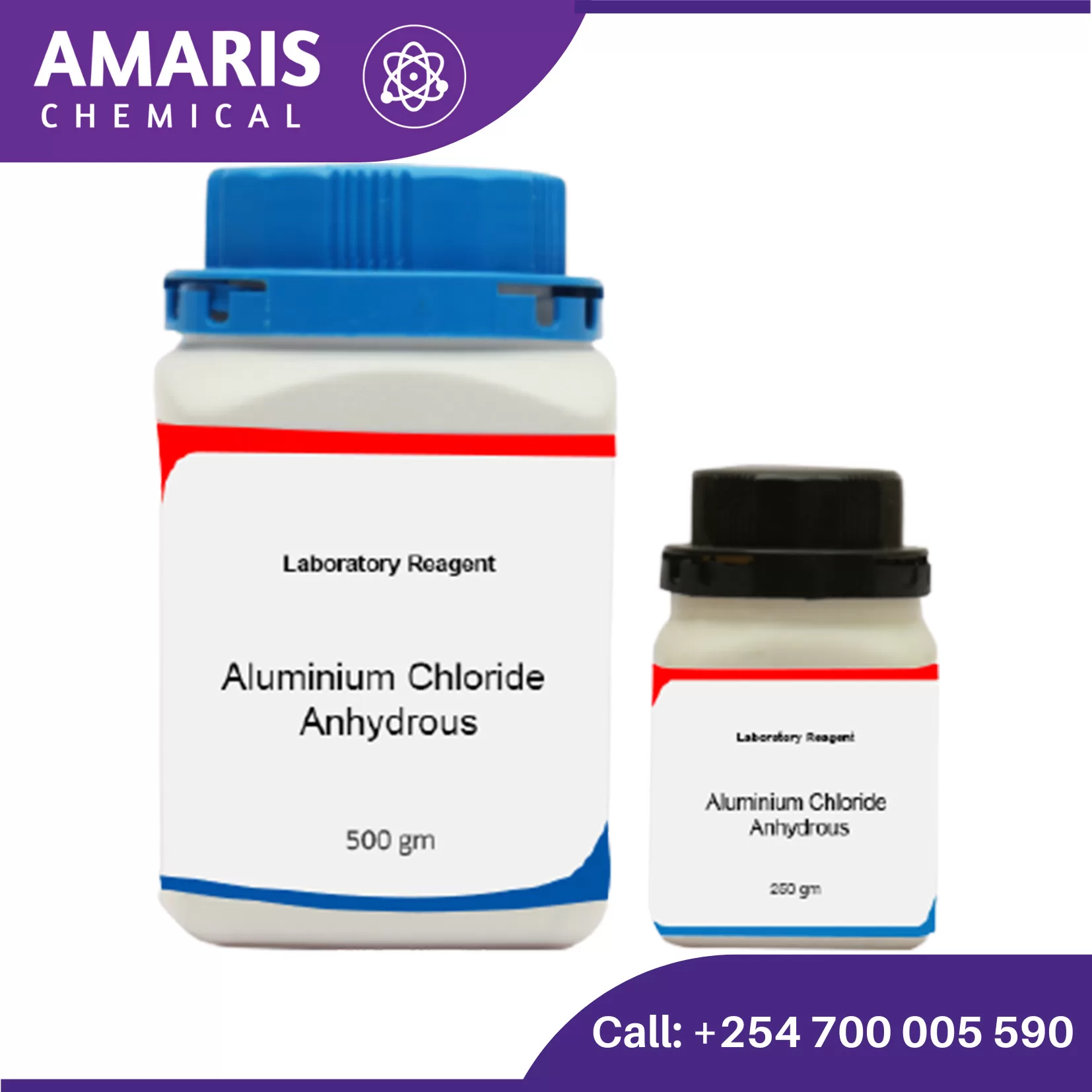









Reviews
There are no reviews yet.